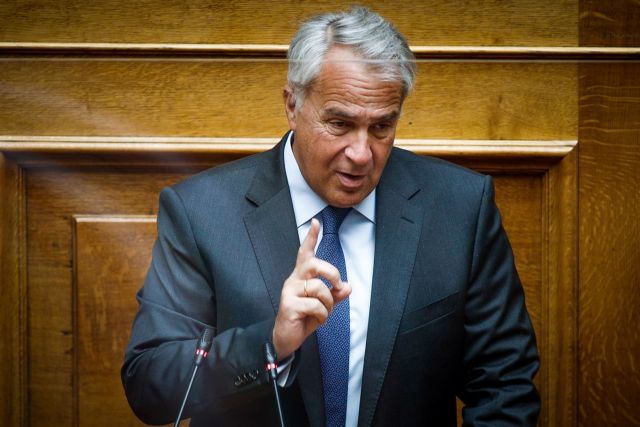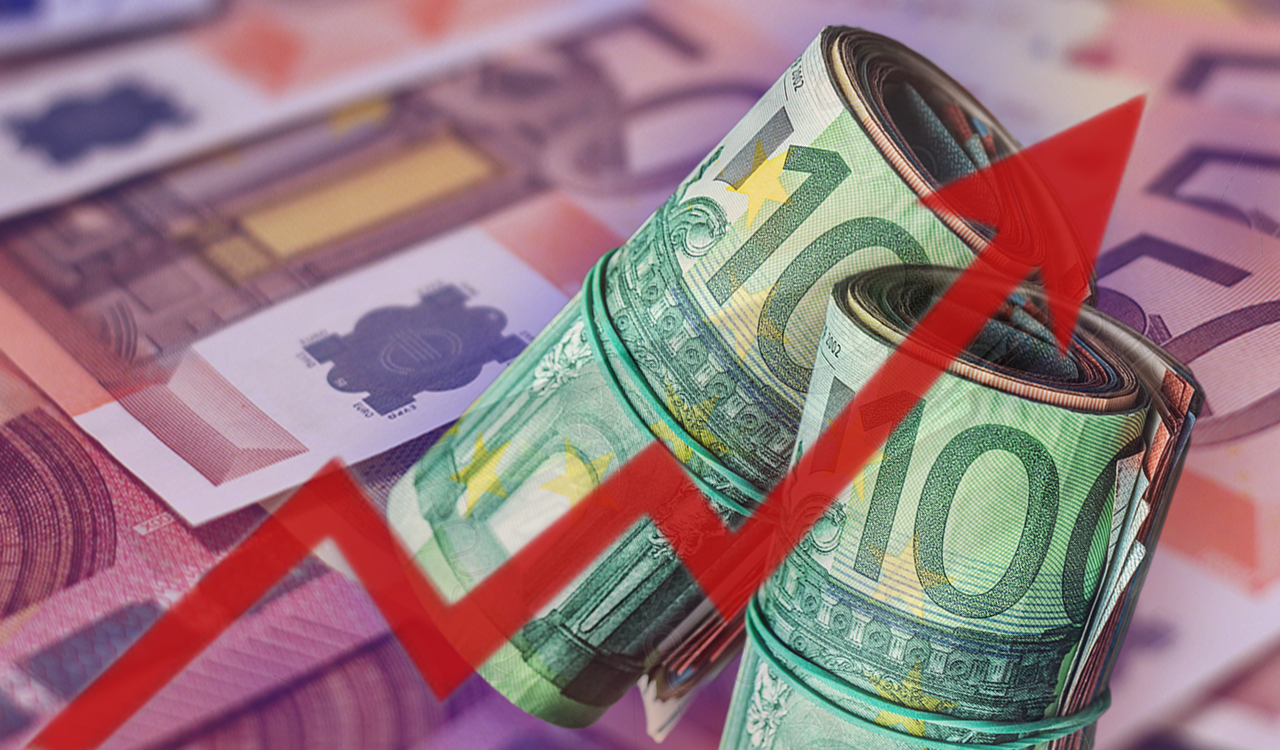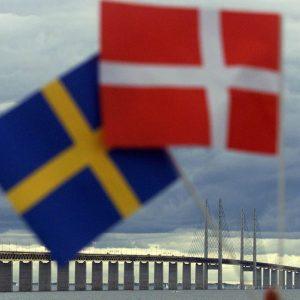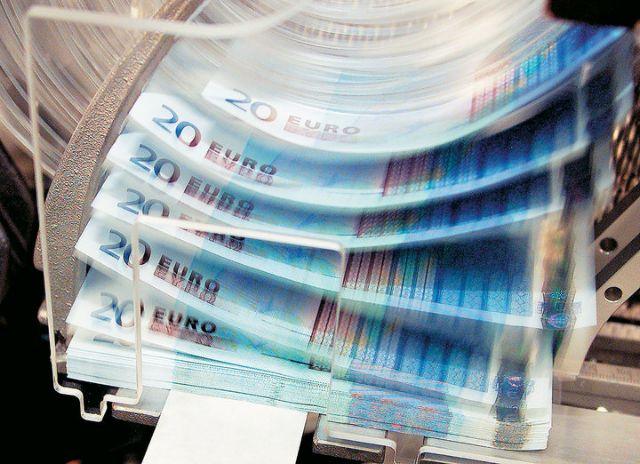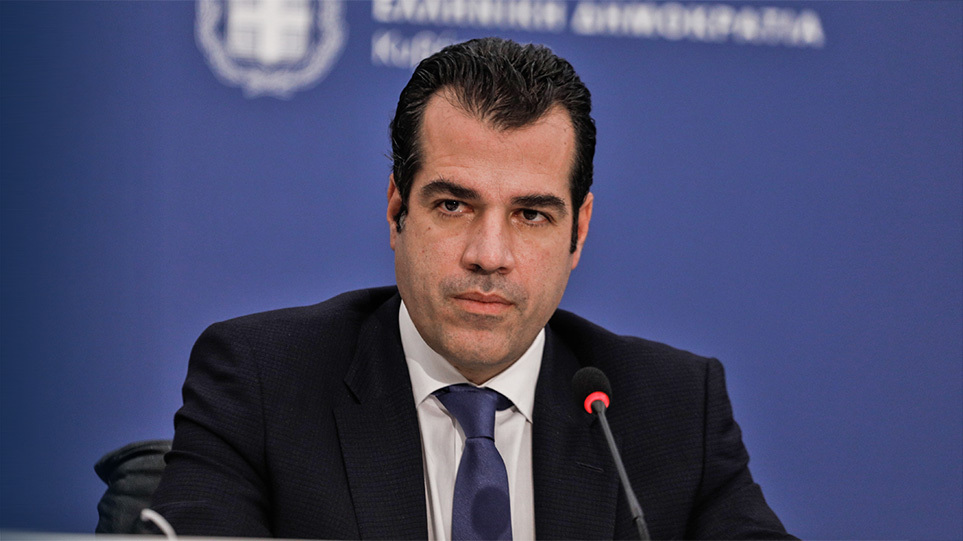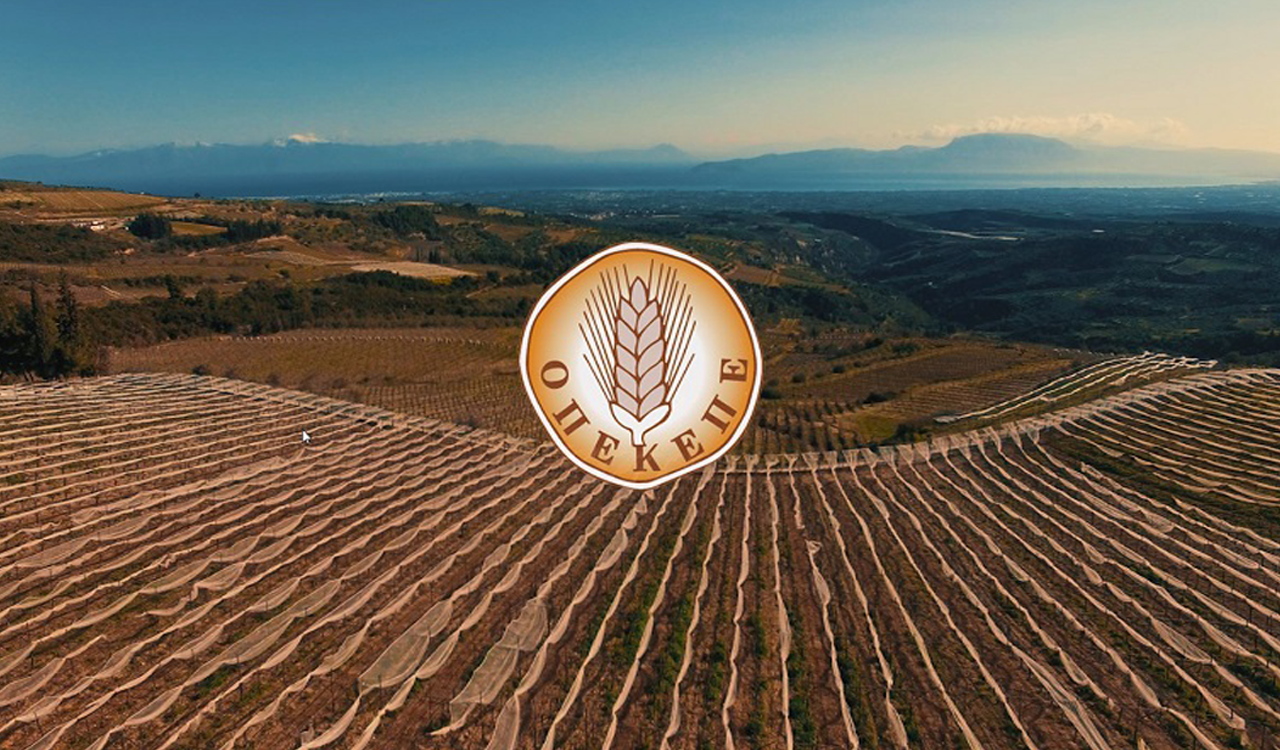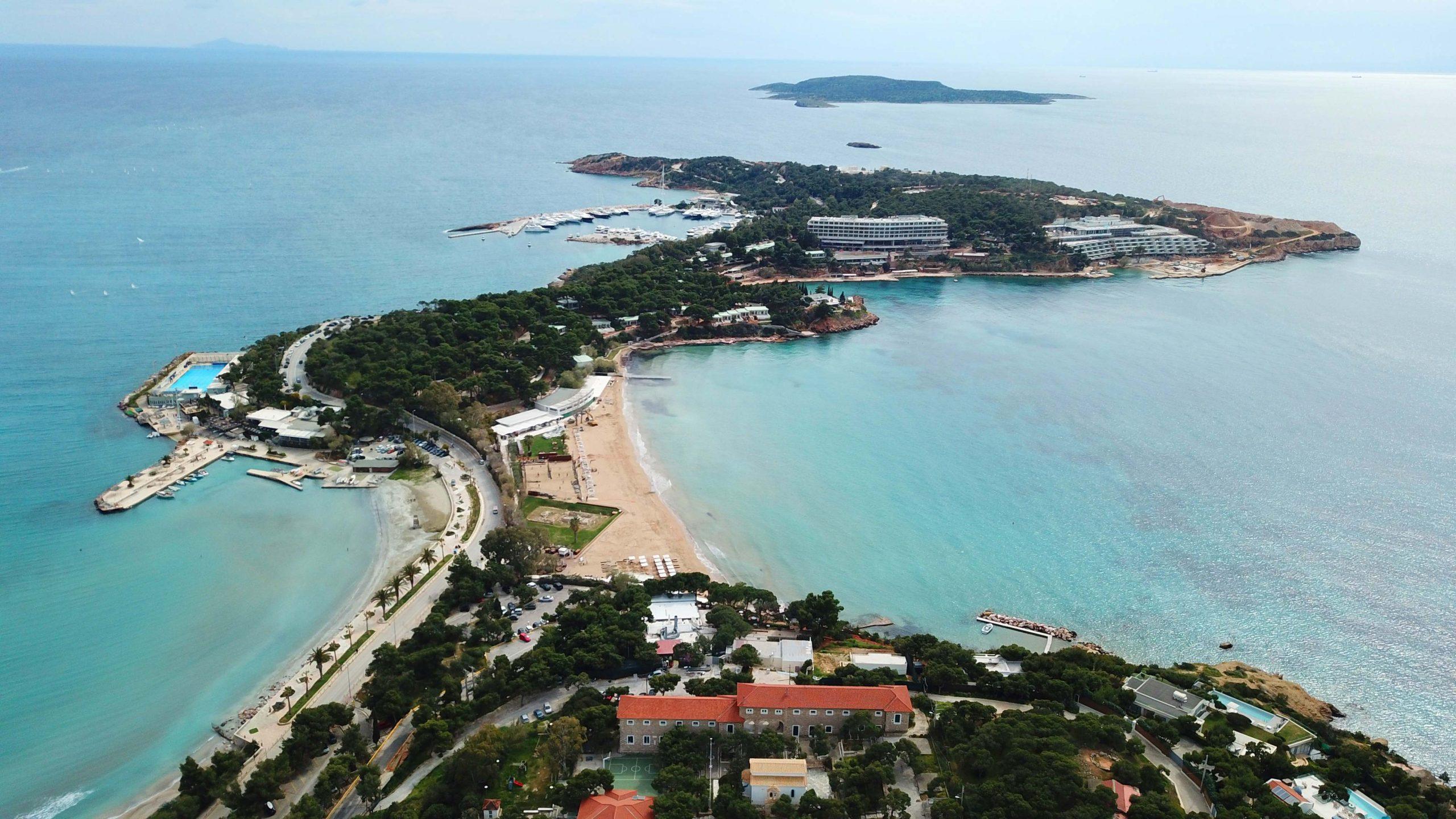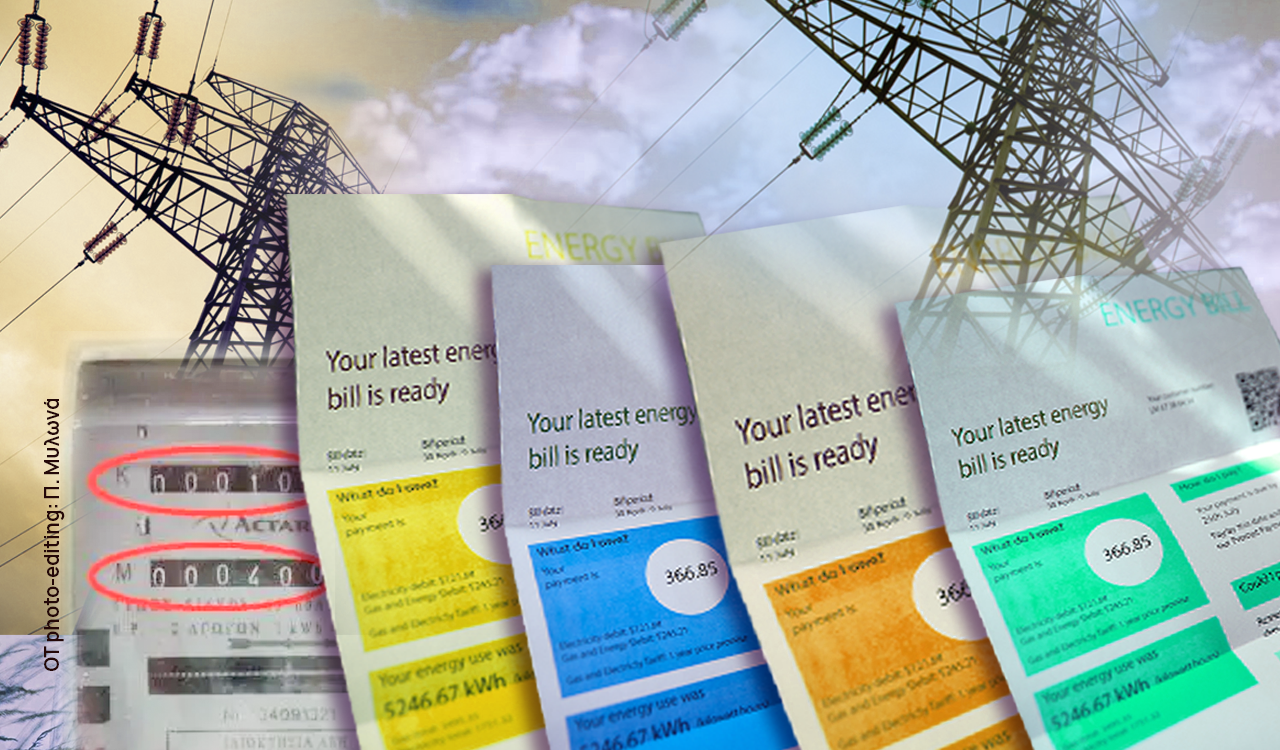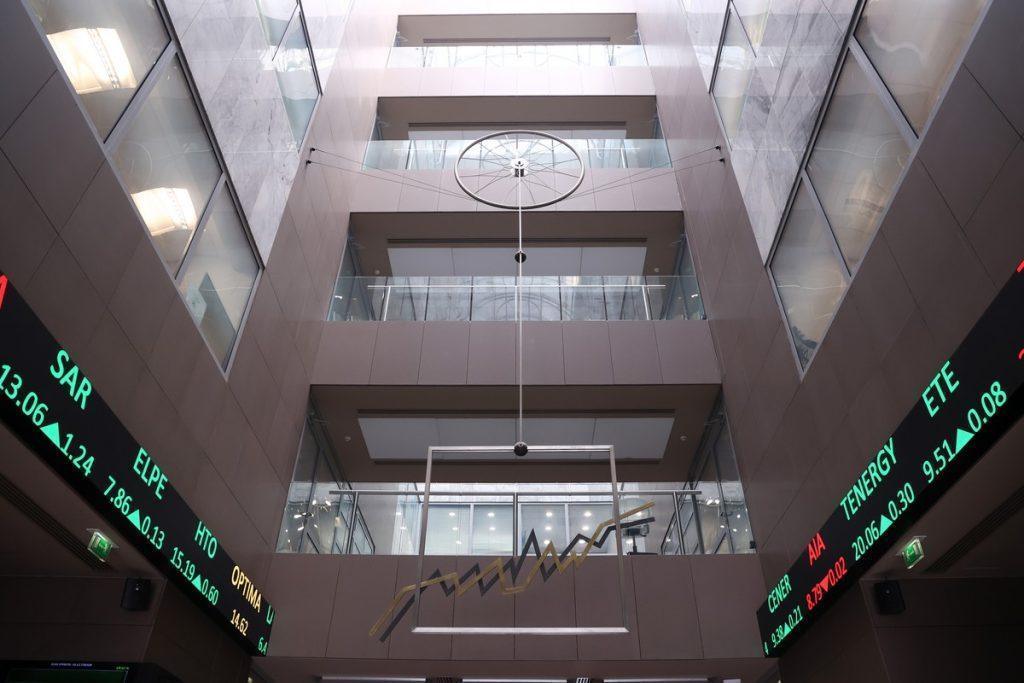Greece has started and is redesigning its energy map after the upheavals brought about by the Russian invasion of Ukraine. The first is Europe’s largest gas supplier and the second is the main hub for fuel transportation to most EU Member States.
The economic sanctions of Brussels and Washington in Moscow are very likely to provoke retaliation from the Kremlin which will target the energy needs of the EU. The single market accounts for 1/3 of Gazprom’s consumption, while the latter, according to analysts and a European official, had been showing its teeth since the summer when it cut off gas flows to its customers. Prices soared and European economies faced stifling economic pressures. The Kremlin used Gazprom’s dominant position in Europe to push for Ukraine not to join NATO.
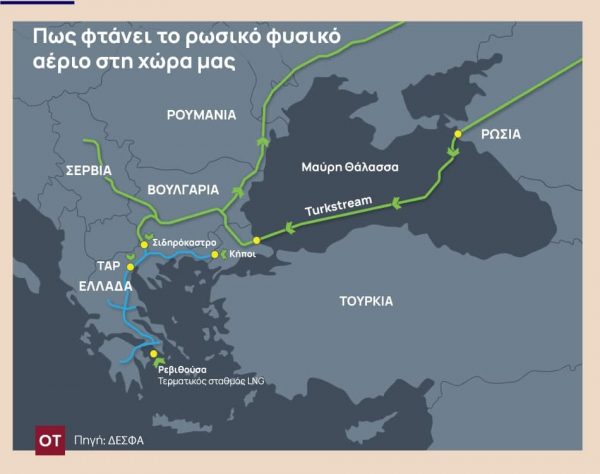
A few days after the Russian invasion, European leaders stressed the need to look for alternative sources of gas supply but also to speed up the energy shift to RES and energy storage. The financial sanctions were accompanied by the departures of major European energy giants such as Shell and BP from Russian companies, as well as from investment plans they jointly developed in the EU. and Russia.
That was the message from European market, namely the cutting of the umbilical cord… with the major gas producer, Russia, and the companies Gazprom and Rosneft. It was also preceded by a decision from Berlin to suspend the operation of the Nord Stream 2 pipeline.
All the signals sent by the EU is the acceleration of energy dependence on Russia, preempting on the “chessboard” set up on the occasion of the invasion of Ukraine, the interruption of gas supplies from Moscow.
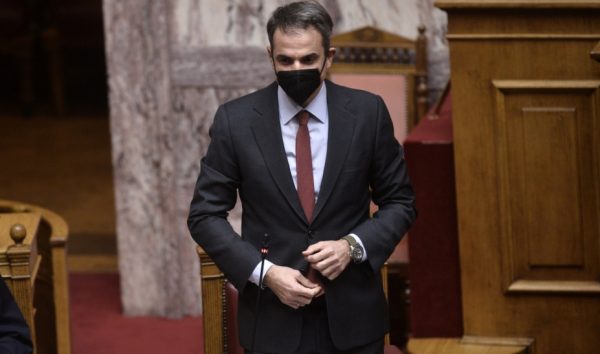
The messages of Mitsotakis
Greece could not be left out of the energy independence from Russia movement.
The speech of the Prime Minister Kyriakos Mitsotakis yesterday in the Parliament, essentially revealed the redesign of the domestic energy policy but also the possibility of causing disruption in the supply of Russian gas: “I want to be honest with the Greek citizens and with the National crisis. Attempts by Russia to blackmail can not be ruled out,” he said, explaining essentially the need to speed up independence from Gazprom, which in 2021 covered more than 45% of domestic consumption.
“We are strengthening the diversification of our resources. In January, let me mention, our country covered 47% of domestic demand with LNG from Revythousa station, 20% through the TAP pipeline. Russian gas, which over time was the largest percentage of the natural gas mixture imported by the country, fell to 33% for the first time”, the prime minister noted, essentially revealing the first taste of the new energy map of Greece. An additional revelation: “And the country intends to proceed, with private funds, to the construction of a second liquefied natural gas receiving station, the FSRU in Alexandroupolis.”
Mr. Mitsotakis gave a clearer statement of the need to accelerate Greece’s independence from Russian gas: “In the long run, however, the only answer to the energy security of both the country and Europe is the rapid detachment from Russian natural gas, but also from hydrocarbons in general. Both for the protection of the environment and the response to climate change, but – now it is obvious – as well as for geopolitical reasons.”
The Prime Minister also described the ultimate goal: “The goal of the government is to become an energy autonomous and competitive country, utilizing first and foremost the rich wind and solar potential of our country, but at the same time to become a hub of energy interconnection and green transport throughout the southeastern Mediterranean “.
LNG and FSRU
Investors in the Greek market have already taken their places on the new energy map of Greece with the development of infrastructure that will supply the country and the Balkan market as a whole with liquefied natural gas LNG, which will arrive by tankers from the US, Qatar, Algeria, Egypt etc.
LNG will be the main fuel. The new investments in FSRU are coming to substantially replace Russian gas in the Greek market (2 to 2.5 billion cubic meters per year) but also to cover the needs of the countries beyond the borders from Greece all the way to Ukraine. According to estimates, their needs will be increased by about 10 billion cubic meters annually in the coming years.
The market is moving rapidly to replace Russian gas.
Gastrade
It is no coincidence that shortly after the Prime Minister announced the creation of a second FSRU in Alexandroupolis, the same company, Gastrade, which has started implementing the first project, announced the submission to the regulator of the relevant application for licensing another floating storage and LNG gasification station. “ASFA Thrace” will be built in the Thracian Sea next to the “Independent Natural Gas System of Alexandroupolis”.
The first FSRU will be ready in 2023 and its capacity will be 153,500 sq.m. LNG. It will be connected to the National Natural Gas Transmission System of Greece with a 28 km long pipeline, through which the gasified LNG will be sent to the markets of Greece, Bulgaria and the wider region, from Romania, Serbia and Northern Macedonia, as far as Moldova and Ukraine.
The second under license FSRU Thrace will have a storage capacity of 170,000 sq.m. of Liquefied Natural Gas (LNG) and will be able to deliver up to 22.7 million cubic meters. natural gas per day or 5.5 billion cubic meters. annually. The project will also include a land and submarine pipeline system connecting the FSRU to existing gas pipelines in the area.
“The project will enhance energy security and diversify gas sources and supply routes in Greece and the entire region of Southeastern Europe and will drastically reduce any risk of power outages,” said Elloga Kopelouzou, a shareholder in Gaslog Cyprus Investments Ltd, DEPA Emporias SA, Bulgartransgaz EAD and DESFA.
The second FSRU, having the experience of preparing and implementing the first is expected to be able to operate towards 2025.
The two projects with a total storage capacity of 323,500 sq.m. make up a larger version of Revythousa, which can store 225,000 cubic meters. However, the DESFA facility on the island opposite Megara can store gasFSRU in Alexandroupolis for a longer period of time compared to the two FSRUs.
The Gas Canal
The Motor Oil group is also involved in the development of FSRU. This is the “Gas Canal” project. It is an FSRU located southwest of the Motor Oil refinery in the area of Ag. Theodoron Korinthias. The Gas Canal has been included in the 10-year development plan of DESFA (2021-2030) and will be connected to the National Natural Gas System (ESFA) through a land pipeline (which will be constructed with hydrogen mixing technology). The storage capacity of the unit is up to 210,000 cubic meters, with a gasification capacity of 132,000 MWhs / day and an estimated annual demand of 2.5 billion sq.m.
Motor Oil is already in the process of conducting the binding market test and at the beginning of the fourth quarter is expected to make the investment decision, so that the project is built… by the end of 2023.


